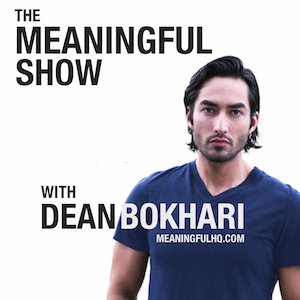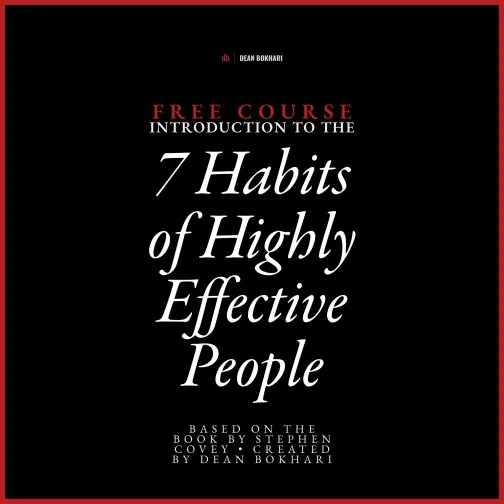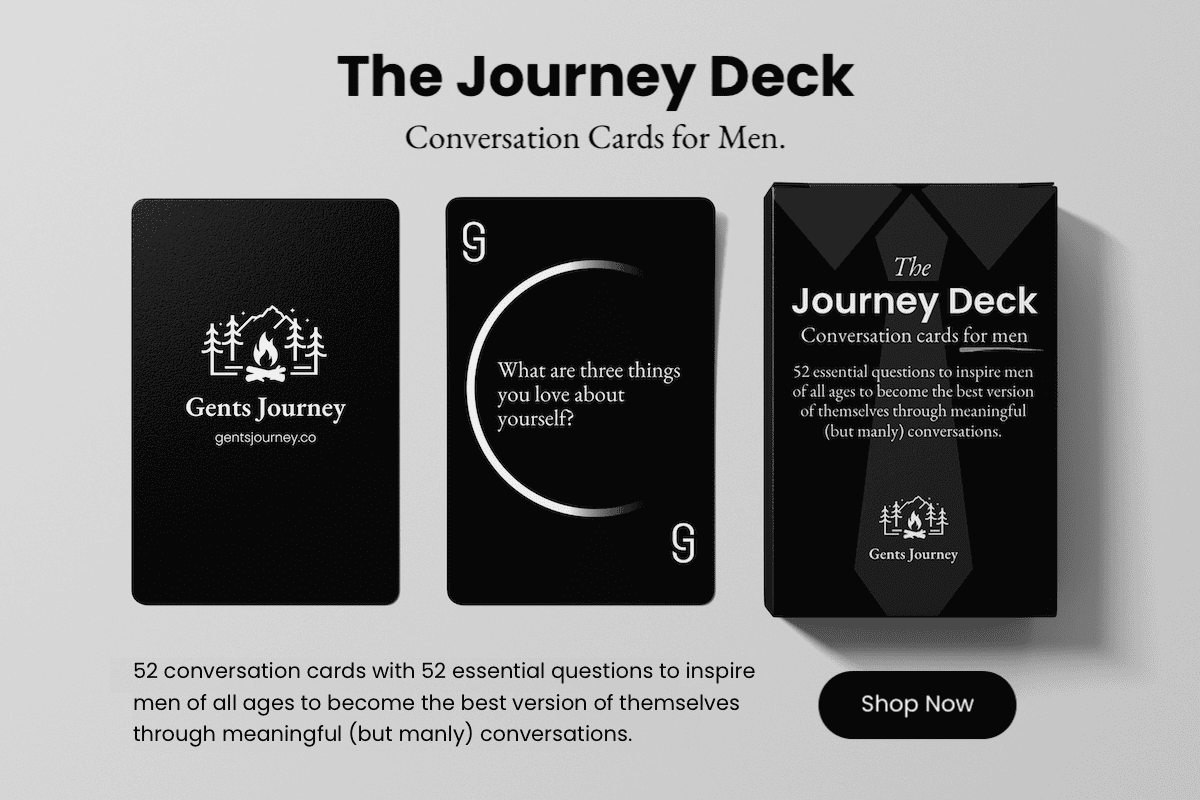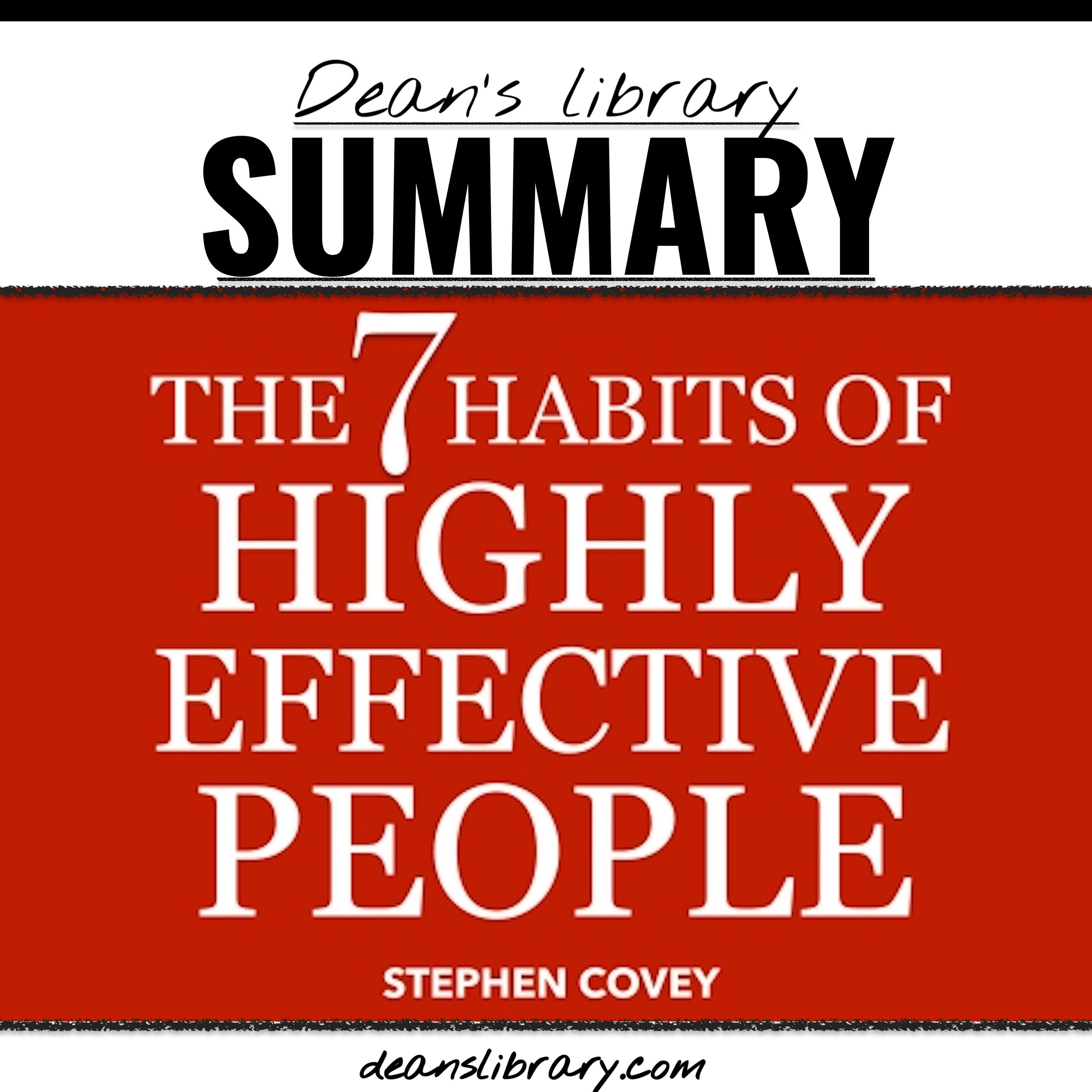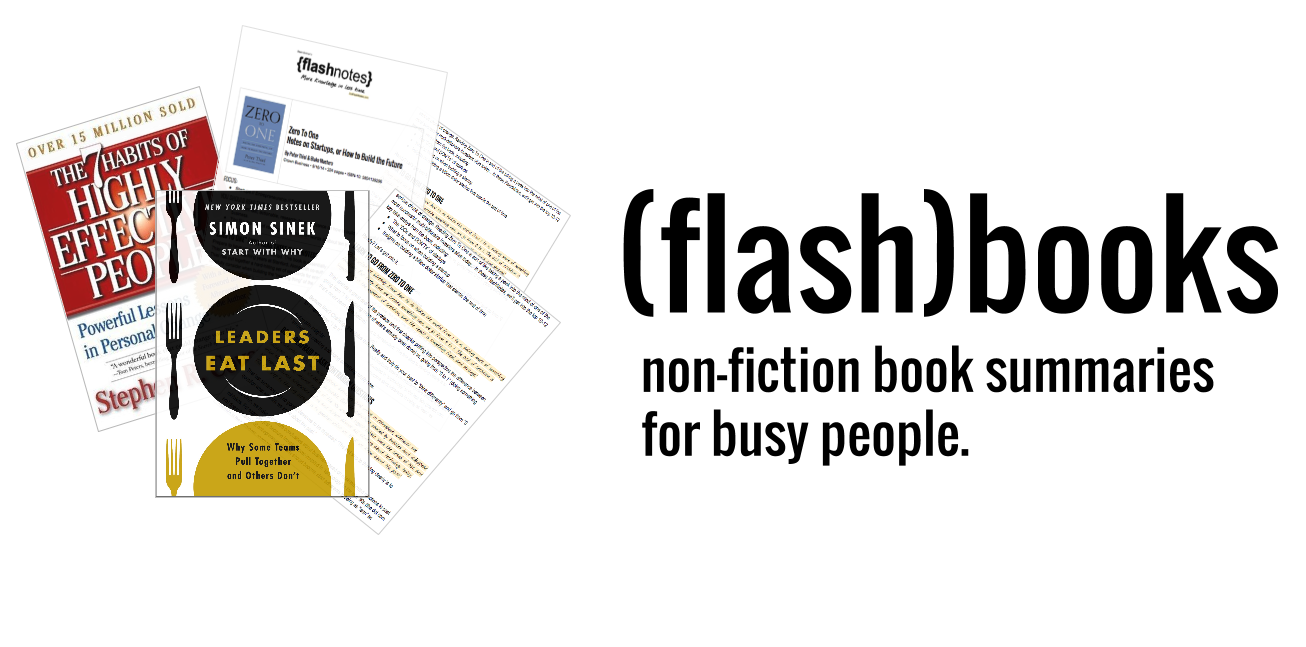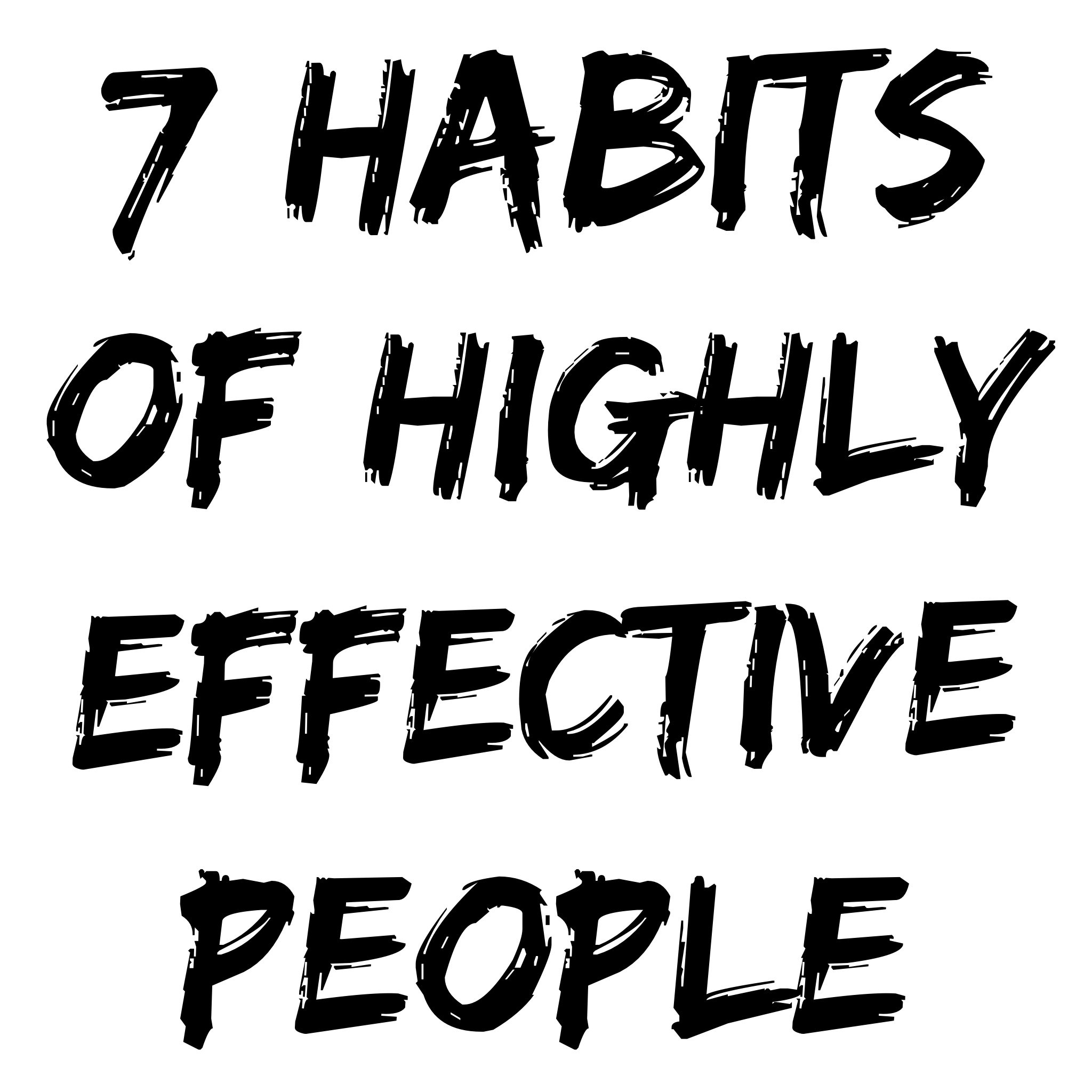Disfluency: The secret to turning knowledge into power
Ever run into trouble trying to remember stuff?
I know I do.
But recently, I learned a little, science-backed, “trick” to help me remember more of what I learn, and recall it with greater ease.
In this episode, you’re going to learn about how to turn the knowledge, ideas, and information you come across on a daily basis into something powerful that you can actually USE…
…Rather than letting it get forgotten.
Cuz let’s face it — no one likes forgetting stuff.
So if you want to increase your odds of recalling information, ideas, and knowledge so that you can make something useful out of it…
…Then click play and tune-in below. Or keep scrolling down for the article-version.
EP135. Disfluency: Turning Knowledge into POWER • Listen on iTunes
One of the greatest gifts I’ve ever given myself is this podcast, because every week, I get to take something I’ve learned from a book I’m reading – and then explain it to you in my own words.
This not only helps me understand ideas better, but I hear from readers and listeners almost every single day telling me that it helps them understand ideas better…
Knowing that something I’m doing for fun has a positive impact–not just on me, but on thousands of people around the world–is an absolute win-win in so many ways that I can’t even think about it without smiling. :-)
In his book, Smarter Faster Better, Charles Duhigg shares a great example from a study published by a group of researchers from Princeton and UCLA back in 2014:
“[the researchers] examined the relationship between learning and disfluency by looking at the difference between students who took notes by hand while watching a lecture and those who used laptops. Recording a speaker’s comments via longhand is both harder and less efficient than typing on a keyboard. Fingers cramp. Writing is slower than typing, and so you can’t record as many words. Students who use laptops, in contrast, spend less time actively working during a lecture, and yet they still collect about twice as many notes as their handwriting peers. Put differently, writing is more disfluent than typing, because it requires more labor and captures fewer verbatim phrases.”
Disfluency and making effort effective
“When the researchers looked at the test scores of those two groups, however, they found that the hand writers scored twice as well as the typists in remembering what a lecturer said. The scientists, at first, were skeptical. Maybe the hand writers were spending more time studying after class? They conducted a second experiment, but this time they put the laptop users and the hand writers in the same lecture and then took away their notes as soon as it was over, so students couldn’t study on their own. A week later, they brought everyone back. Once again, those who took notes by hand scored better on a test of the lecture’s content. No matter what constraints were placed on the groups, the students who forced themselves to use a more cumbersome note-taking method—who forced disfluency into how they processed information—learned more.”
- Disfluent = to make something more difficult in order to absorb it. To turn information into something visceral. I like to think of it as “making effort effective.”
So, how can you do something with what you’ve recently learned in order to make it stick?
How to use “disfluency” to turn your knowledge into power
Use the same logic in this big idea (on the concept of disfluency) to enhance the way you turn knowledge into power…
“When we encounter new information and want to learn from it, we should force ourselves to DO something with the data. It’s not enough for your bathroom scale to send daily updates to an app on your phone. If you want to lose weight, force yourself to plot those measurements on graph paper and you’ll be more likely to choose a salad over a hamburger at lunch. If you read a book filled with new ideas, force yourself to put it down and explain the concepts to someone sitting next to you and you’ll be more likely to apply them in your life. When you find a new piece of information, force yourself to engage with it, to use it in an experiment or describe it to a friend—and then you will start building the mental folders that are at the core of learning.”
Don't miss a thing! Subscribe below
Dean Bokhari's Meaningful show is supported by...
Audible Audiobooks • Thousands of titles to choose from + listen to on any device. Download your free audiobook here.
FlashBooks Book Summaries • Hundreds of self-help and business book summaries you can read (or listen to!) in about 20 minutes per book. The best part? The book summaries are designed specifically for busy peeps on the go (like you, perhaps?) Start your risk-free, 7-day trial here.
Want more details? With FlashBooks, you can get your knowledge on whenever you want, wherever you want. You can listen to audiobook summaries on your morning commute to work, or you can easily read a summary on your phone while you're waiting in line at the bank. No matter what you're doing or where you're going, FlashBooks are flexible enough to be taken along for the ride, ready to help you get more knowledge in less time. Get access to hundreds of best-selling business + self-help book summaries for just $1 here or visit getflashnotes.com/join to get started today. Join for just a buck today. If for some reason you're not diggin' it, you can easily cancel whenever you want (but if you're anything like any of our 150,000+ other members, you'll probably wanna stick around!) Join for just $1: getflashnotes.com/join
LIVE LIKE YOU GIVE A DAMN,
Dean Bokhari
- If you find the podcast helpful, please rate + review it on Apple Podcasts »
- Got a Self-Improvement question you'd like me to cover? Submit it here »
"Dean Bokhari's Meaningful Show is the Self-Improvement Podcast I've been
waiting for. It's actionable, inspiring, and BS-Free." —Brett Silo
✨ New Series: How to Become an Early Riser
- Discover key methods to make early rising a habit
- How to wake up early + energized every morning
- Morning routines for health + success
Free self-development courses
👇
Tap on any of the courses below to start learning how to:
- boost your productivity (withGTD),
- get focused (with Deep Work),
- design a successful + fulfilling life (with The 7 Habits course),
- or learn the art of influencing others (with the How to Win Friends & Influence People course.)
All for free.
👇
Free life guides
👇
Best-selling Self-development courses by Dean Bokhari
Kill procrastination.
|
Get stuff done.
|
Get motivated.
|
Connect with anyone.
|
freshly pressed:
Top Audiobooks narrated by Dean Bokhari on audible
Book summaries
- The Power of Habit by Charles Duhigg
- 12 Rules for Life by Jordan B. Peterson
- Presence by Amy Cuddy
- Leaders Eat Last by Simon Sinek
- The ONE Thing by Gary Keller, Jay Pasan
- Deep Work by Cal Newport
Read or Listen to top Self-Help + Business Book Summaries in 20 Minutes or Less.
or
